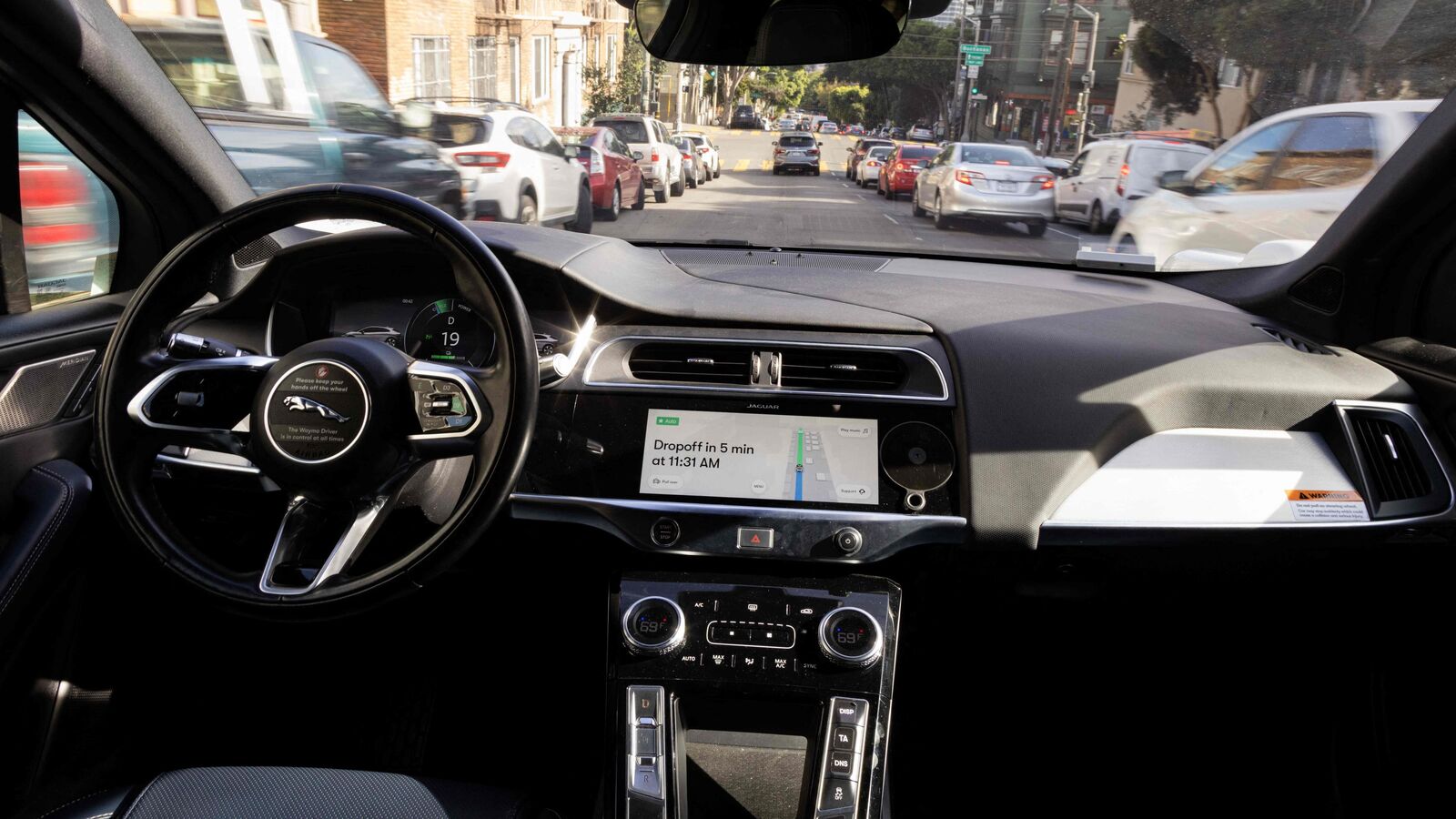Japan aims to boost development of smart cars managed by cloud tech to catch up with Chinese and US rivals. Government targets 30 per cent market shar
…
Japan is strengthening efforts to get automakers to develop smart cars whose safety and entertainment systems can be managed by cloud technology, an area where they are falling behind Chinese and US rivals.
The government has set a goal of Japanese companies accounting for 30 per cent of the market for so-called software defined vehicles, or SDVs, in 2030 — when it estimates global sales will reach 35 million to 41 million units. The Ministry of Economy, Trade and Industry will provide financial support and help nurture workers such as IT engineers by partnering with universities and launching re-skilling courses, it said.
Also Read : Ford says drivers will be able to take their eyes off the road by 2026. Here’s how
While driving assistance technology and map navigation features are installed in Japanese cars, they still lack more advanced features. The government wants to build an ecosystem where companies can share data and profit from after-sale services as the auto industry’s business model evolves.
Robotaxi future for Japan
Global revenue from robo-taxi services, for example, is estimated to grow to ¥80 trillion (approximately ₹34 lakh crore) by 2035 — 80 per cent of which will come from services other than vehicle sales, according to the ministry.
“We expect the major part of the profit for these businesses will not come from sales of new cars, but the business model will change and the larger amount of profit will be derived after the sale of the car,” said Ito Takeru, director at the ministry’s mobility digital transformation office.
Among Japanese automakers, Nissan Motor Co. is planning an autonomous vehicle ride-share service in to start in 2027 to address a dearth of taxi drivers. Honda Motor Co. is aiming to start a self-driving taxi service by the end of the decade, after walking back initial plans to deploy a robo-taxi in central Tokyo by early 2026.
Also Read : Are autonomous vehicles really smart? Check how a simple trick can fool them
Last month, Japan established the Automotive and Battery Traceability Center Association Inc., a platform to ensure secure and safe data circulation among companies in the auto and battery supply chain, aimed at enhancing the competitiveness of the country’s car industry.
First Published Date: 22 Jun 2024, 08:17 AM IST

